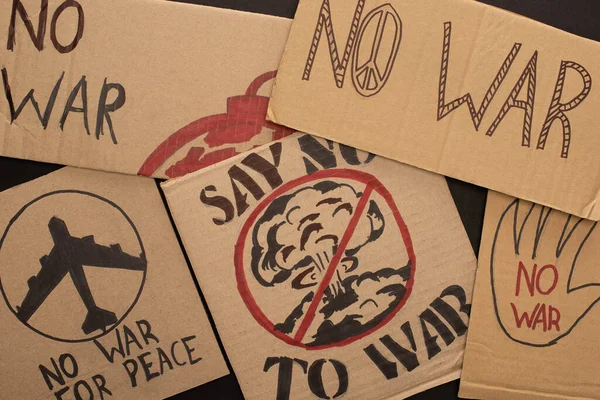
Last January, many people were surprised by the sudden
rise in gas rates—the heating bomb— so she opened the bill nervously.
Fortunately, thanks to turning on the boiler less, she was relieved to
see it was just a little more than the same month of the previous year,
but when compared to Jan. 2021 the gas cost increased by 36% when she
used a similar amount.
In the news, the root cause of the
skyrocketing heating bill this winter is the war that broke out on
February 24, 2022, when Russia invaded Ukraine. Russia, the world's
second-largest producer of crude oil and natural gas, is using its
energy resources as a weapon by cutting off natural gas supplies to
Europe after unleashing a war.
Korea mainly imports liquefied
natural gas (LNG) from Qatar and the US, so there has been no
supply/demand problem. The warm weather continued in Europe, so we
managed to survive this winter, but the International Energy Agency
(IEA) warns that the energy situation after March this year cannot be
guaranteed.
The energy problem is serious, the war in this
region, a world-class granary, has exacerbated food shortages around the
world. As the prices of gas, electricity, and food continue to rise,
our lives are becoming more and more difficult. The tragedy of war in
the faraway countries of Russia and Ukraine has a direct impact on our
lives, and once again we realize how closely the global world is truly
interconnected.
However, no matter how difficult we find it,
there is no comparison to the suffering of those who are in the middle
of a life-and-death war. According to the announcement of the Office of
the United Nations High Commissioner for Human Rights on January 10, the
number of civilian casualties in Ukraine reached 18,657, including
7,110 dead.
Russian and Ukrainian military casualties over the
past year are estimated to be at least 100,000 each, so it's staggering
how many lives are lost in these wars. What's even more terrible is that
this war doesn't show signs of ending anytime soon, and many
neighboring countries are beginning to focus more on war preparations by
increasing defense spending, and there are even signs of escalating the
war. Korea also increased its defense budget by 4.4% this year compared
to last year, and there are growing concerns that it might be swept
away by the winds of war.
In this year's 'World Day of Peace'
statement, Pope Francis mentioned the reality that a vaccine for the
Corona-19 virus that shook our daily lives was found, but the war virus
still has not found a solution, not only the parties involved in this
war but also mankind.
In
paragraph 261 of the Encyclical 「All Brothers」 published in 2020, Pope
Francis also said: "Every war leaves our world worse than it was
before. War is a failure of politics and of humanity, a shameful
capitulation, a stinging defeat before the forces of evil. Let us not
remain mired in theoretical discussions, but touch the wounded flesh of
the victims. Let us look once more at all those civilians whose killing
was considered 'collateral damage'. Let us ask the victims themselves.
Let us think of the refugees and displaced, those who suffered the
effects of atomic radiation or chemical attacks, the mothers who lost
their children, and the boys and girls maimed or deprived of their
childhood. Let us hear the true stories of these victims of violence,
look at reality through their eyes, and listen with an open heart to the
stories they tell. In this way, we will be able to grasp the abyss of
evil at the heart of war. Nor will it trouble us to be deemed naive for
choosing peace."
The words of the Gospel: "Love your enemies"
(Matthew 5:44), may sound like naive ideals in the context of the
complex international political order, but those who look more deeply
into the misery of wars taking place around the world today and those
that suffer from them, the way of peace is brotherly love and nothing
will take its place.